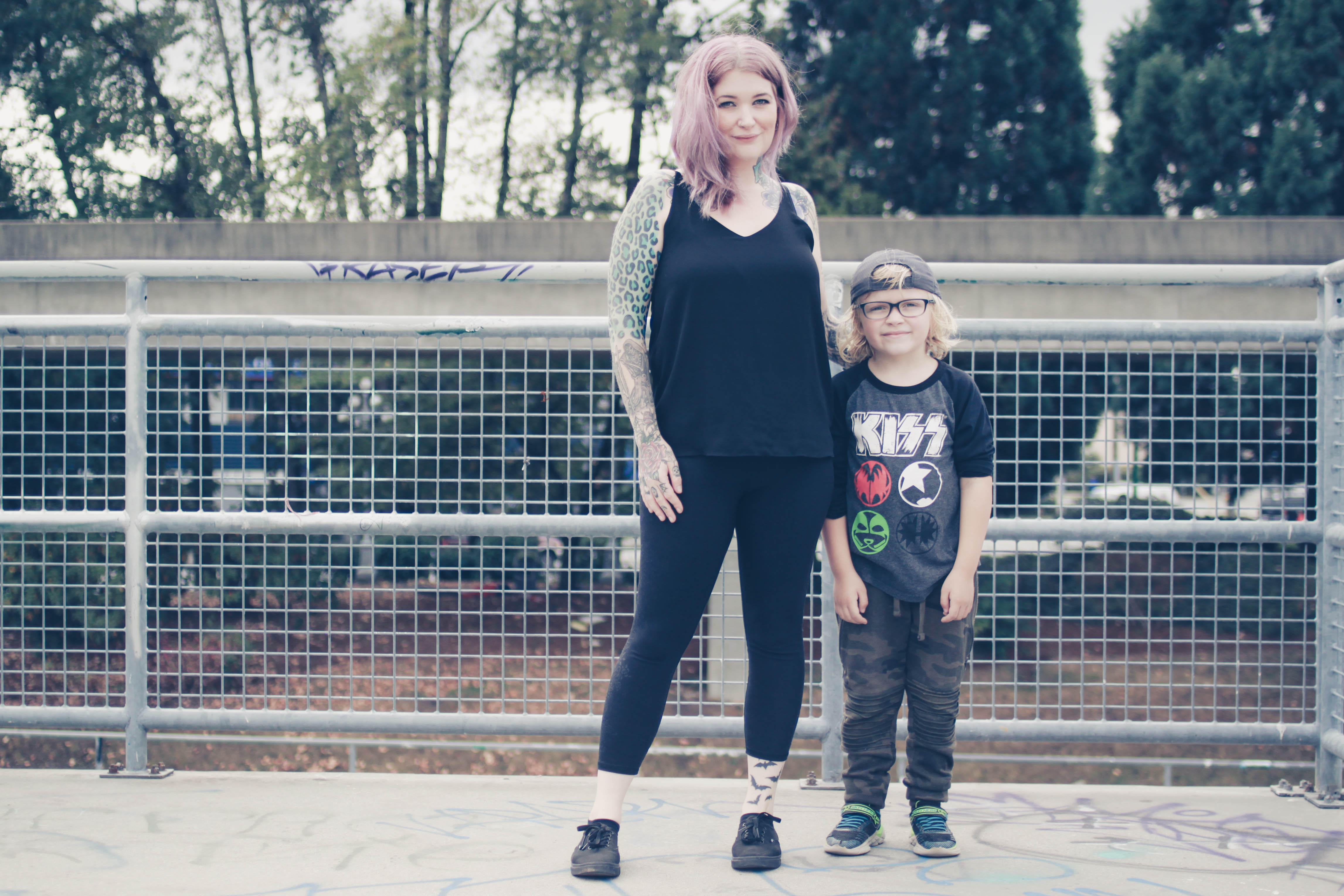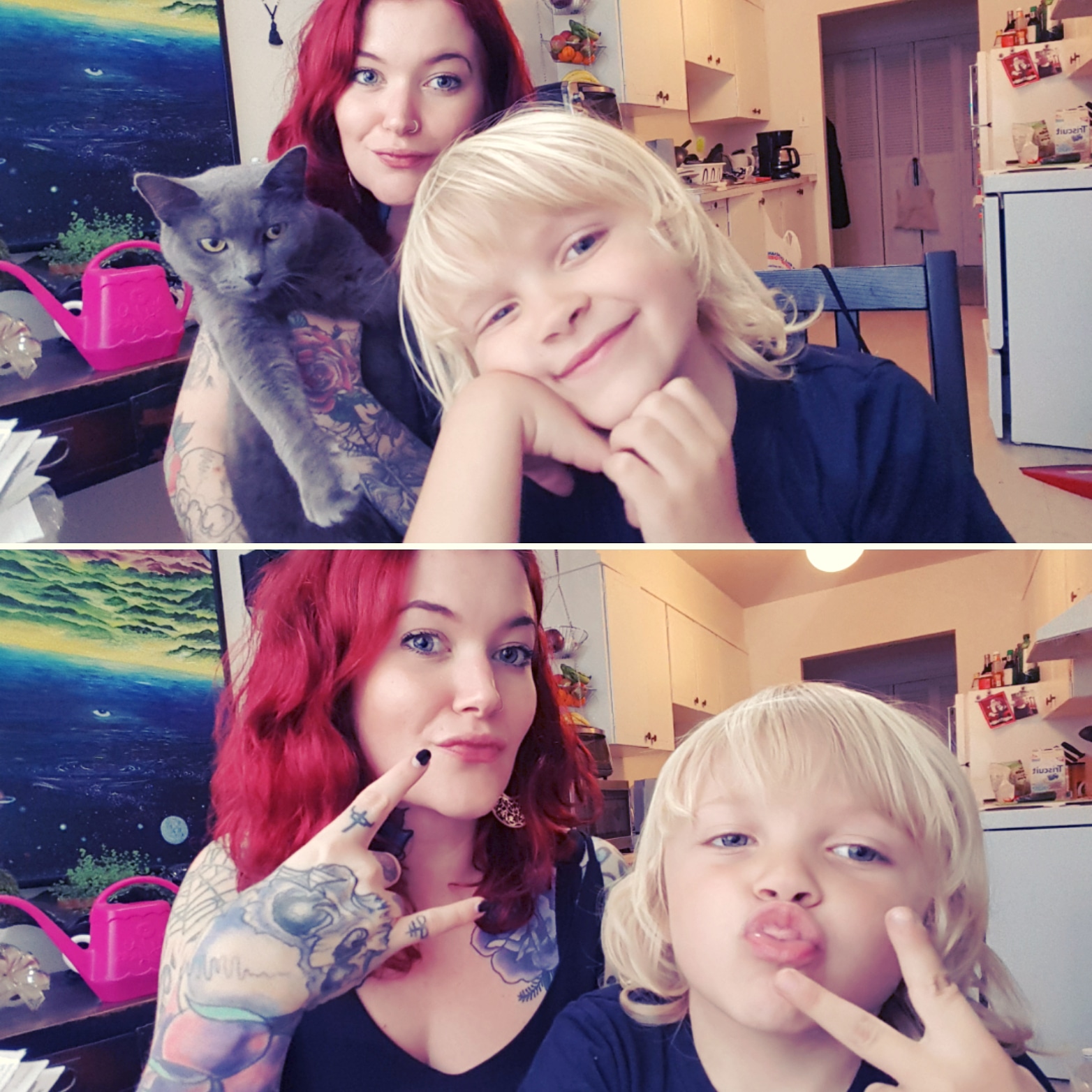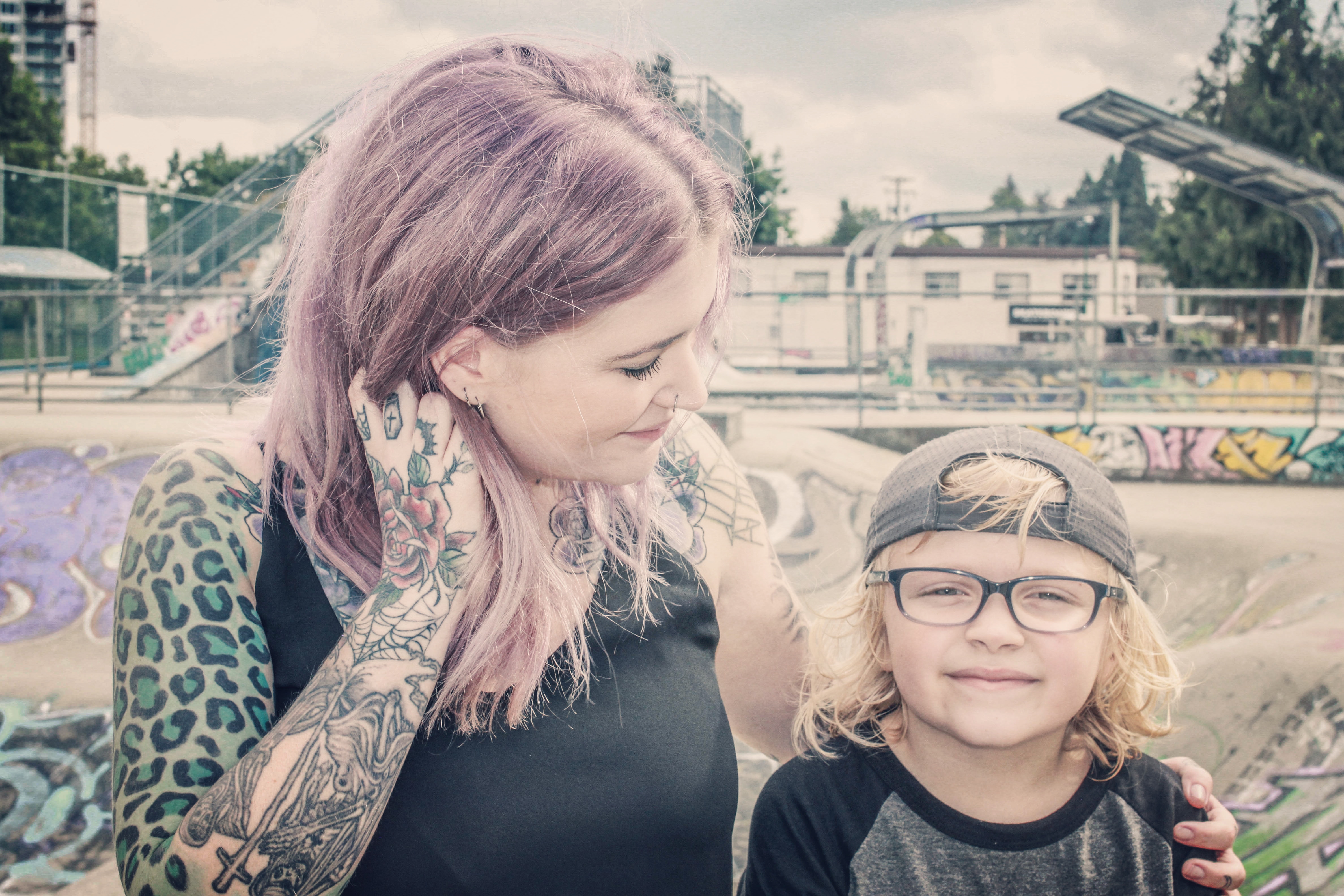What is it like when constant unrelenting fatigue and pain consume your world? Making every aspect of your life a consistent struggle to maintain some quality of life requiring hours of seemingly selfish but crucial self-care?
All while trying to be a caring and nurturing mother who is trying with about every ounce of energy inside her to not mess her kid up through our lives with adversity.
When I tell someone about my illness, I can expect them to respond with how I am “too young” or I do not “look sick,” I look so well. Or they’ll ask me if I’ve tried adding turmeric to my diet or gone vegan.
I often hear from people that they can’t imagine what it is like to go through chronic illness and be a single parent to a rather young child. How do I do it? How do I do so much?
I take it day by day, week by week and month by month.

I wasn’t given a choice. I am the one in four women in Canada who live with a form of arthritis.
The most common form of arthritis is osteoarthritis, which is often associated with old age or injury. Rheumatoid arthritis however is an autoimmune disease which affects 1 percent of the population and much more than just your joints.
Because RA is an autoimmune disease, the immune system mistakenly attacks the synovium which is a fluid that lubricates the joints making it thicken. This creates inflammation resulting in pain, fatigue, mobility issues and eventually can result in deformity of the joints. It can damage cartilage, the elastic tissue that covers the ends of bones in a joint, as well as the bones themselves. Over time, there is loss of cartilage, and the joint spacing between bones can become smaller. Joints can become loose, unstable, painful and lose their mobility. Because RA also can affect body systems, such as the cardiovascular or respiratory systems, it is called a systemic disease. Systemic means “entire body.”
It’s not your grandmother’s arthritis.
So what is it like to live with an incurable disease with misconceptions behind it veiled in an invisible cloak? While looking like a healthy and vibrant 32-year-old mother?
It’s a struggle fueled by love… and coffee.

I didn’t imagine this would be my life at only 29 but if there is anything I have learned, it’s that things rarely go as planned. Before my diagnosis I didn’t have much of a plan, now I plan out my daily activities in a list to manage motherhood with chronic fatigue, sometimes by the hour. Even still, I don’t always have days I can finish everything on my to-do list, even if it was as simple as shower, take out the garbage, do the dishes and laundry. Chronic fatigue has made me a chronic procrastinator.
I am grateful for the moments I notice my son gaining his own independence as he grows. I despise when people say to me to be grateful for now, since time goes by fast; it’s nothing like that. The guilt of a chronically ill single mother is tremendous. Do I want to be excited for my only child growing up fast? No, I want to savor every moment, but my every moment is quite different than the average person. My energy doesn’t match a normal 32-year-old mother, even if she works full-time. Fatigue and tired are different.
The vicious cycle of chronic illness often has no warning signs.
My son was still in a stroller and diapers when I was diagnosed. I remember how difficult and painful lifting or unhooking strollers was with arthritic hand… But I remember how I used to call it my walker and it somehow made things easier. I remember how I loved it because I could put anything that needed to be carried on it. I could pile bags of groceries on it. My shoulders didn’t know how much I would miss that as my son grew out of the stroller age and as my arthritis progresses.
It’s now him saying he wishes Daddy was around so he could carry him; he knows Mommy can’t because of her arthritis.
I fear him catching a cold from his classmates because I’ll probably get it worse off than him with my compromised immune system.
Disease management has made me very organized.
I often need to plan out weekly chores accordingly. One day for groceries, a day for laundry, a day for cleaning, a day for doctor appointments, tests or treatments, time for the gym. I often can only handle one big activity in a day in order for me to save my energy for self-care and my son. That could be as simple as a trip to the grocery store or exercising at the gym. It was difficult trying to figure that one out.
Weekends before used to be for going out to concerts, parties, dates, hikes, dinner parties, whatever I wanted to do, I could do it. I had the friends around, I could stay up late, I could drink, I had the money, I had the ability.
Now I spend all my money on my health, my son and my constantly rising bills. I have to budget precisely when living on disability payments.
Now weekends are for a long period of rest to charge my inner battery. Self-care takes up most of my free time because if I skip it then I am skipping the crucial impact it has on my health which I need to take to fight my chronic illness and be the mother I need to be.
I yearn for fun but also know the consequences of fun can be a day or two of debilitating chronic pain and fatigue. Even if I have time to go out, it’s energy I have to sacrifice for everything else I have to do during the week. Being a chronically ill single mother is being chronically busy because living with rheumatoid arthritis is a 24/7 battle.

Areas of Inner Struggle
My mind and emotions are constantly toying with me, often with moments of guilt, stress and loneliness. Living with chronic fatigue has become a sentence of feeling chronically guilty I am not doing enough, I am not enough. Yet I am enough. Depression is often a symptom with rheumatoid arthritis.
Living with an invisible illness comes with a heavy dose of judgment from those who don’t understand the drastic effect arthritis has on someone’s life, especially at a younger age. It makes it difficult to create friendships or relationships with others – not many want to be with the “sick girl.” My appearance and my tattoos gather me a lot of attention but once I share that I am chronically ill that attention can fade away. It’s lonely. Most of my friends now are also chronically ill.
Becoming sick at such a young age and experiencing my disease manipulate my body as its cells attack itself quite rapidly tormented my self-worth. Chronic pain and fatigue has produced some dark thoughts and actions in me. I’ve succumbed to my rock bottom but I knew the only one who could get me out of it was myself and I had to because I was also the one to look after my son. Rheumatoid arthritis taught me how to persevere. It taught me to admire my strengths and resilience. It made me who I am today, most importantly a good mother.

